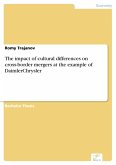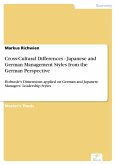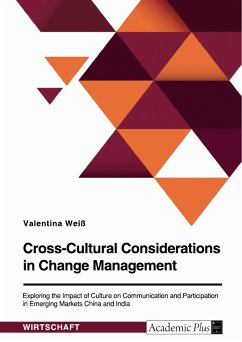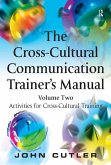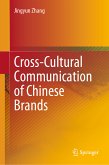Inhaltsangabe:Introduction: The transfer of business activities across nations is growing at a rapid rate. The emergence of market economies in Latin America and Asia, the collapse of communism in the Soviet Union and Eastern Europe, and the emerging democracy in Africa have led, among other things, not only to increased global trade, international, multinational and transnational business, but also to an increased demand for international workforce since firms must employ people who possess international business skills in order to remain competitive in the global marketplace. How often does it happen that we meet someone doing business in the United States after representing his/her company in Asia, Middle East or Europe? How often do we meet someone obtaining an international degree abroad before doing business in China, France or Scandinavia? How often do companies require international experiences, mobility, and flexibility? The soft skills of intercultural competence and open-mindedness to cultural diversity are taught by universities around the world. But what happens with our own cultural identity while doing business worldwide? What happens if we conduct business in Japan but with an Italian colleague who lived in São Paulo for many years? Are we just applying intercultural competence or are we developing a universal business culture - apart from our own national culture? How does an international workforce communicate; is it adapting the communication style of the host-country, of a majority culture; or is it developing a communication style which is unique in international business? Are we speaking the same ¿language¿ at the end? Is the understanding of cultural diversity becoming less substantial and more implicit? If companies and organizations require the indispensable and vague defined soft skills of intercultural competence, could these skills be seen as an approach towards a universal business culture, likewise a universal business communication? Purpose of the Present Thesis: The purpose of the present thesis is to examine if and to which extent cultures converge in an international business environment and if intercultural competence has a bearing on it. Therefore, theoretical and practical insights in the subject of culture, its implicit and explicit differences, as well as its measurements will be provided. Due to the fact that communication - as a major cultural attribute - is the most obvious level on which cultural [...]
Dieser Download kann aus rechtlichen Gründen nur mit Rechnungsadresse in A, B, BG, CY, CZ, D, DK, EW, E, FIN, F, GR, HR, H, IRL, I, LT, L, LR, M, NL, PL, P, R, S, SLO, SK ausgeliefert werden.



